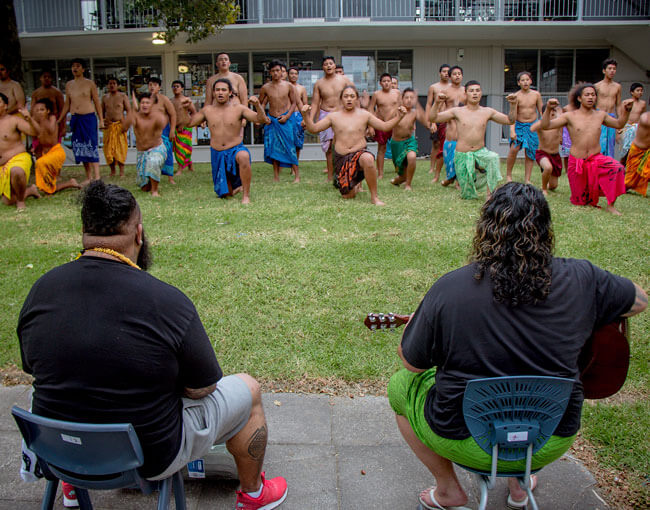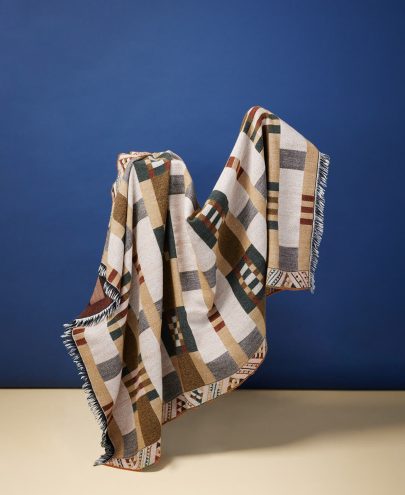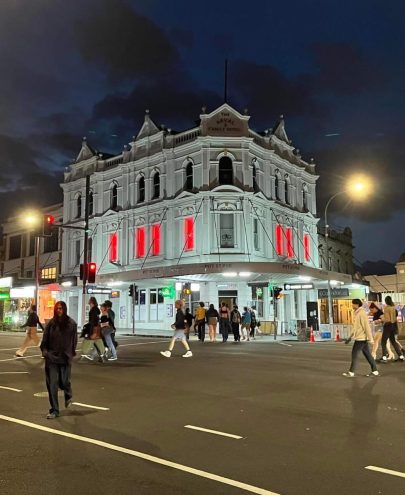Apr 2, 2019 etc
Metro columnist Leilani Momoisea reflects on Polyfest, and what it means for those seeking to make sense of their Pasifika identity in New Zealand.
“It’s almost impossible to find out where you’re headed in life, without ever reflecting back on where you came from.” This was the wisdom 16-year-old AJ Tuipe’a imparted to me last year as the crowd from Polyfest dwindled in the background.
The performances had finished, the awards all handed out, the thousands had begun to make their way home. He stood on a field in the Manukau Sports Bowl, the Samoan stage behind him, thinking how best to articulate the importance of Polyfest, how best to convey its gravity. “Understanding your culture, your roots and your ancestry is an important part of carving out your future.”
It was a beautiful summation of the reason behind the roughly two months of hard work it takes for school cultural groups to reach the stage at Polyfest. I was part of a small Radio New Zealand team who followed the St Paul’s College Samoan group in 2018 as they prepared for Polyfest. It was an education on the sacrifice required from students, tutors and parents to put together a competitive performance: early mornings, late nights, and juggling work and homework with sports and church commitments.
It was also a study on the struggle many face to stay connected to their culture, the work they must do to ensure they can keep that culture alive. The majority of the St Paul’s Samoan group are New Zealand-born, as are many of their parents, as is most of the Pacific population in Auckland. A lot of the students didn’t grow up in the fa’a Samoa — the Samoan way — and many can’t speak Samoan fluently.
Polyfest is one of the tools available to Pacific people to plug back into their culture, to fill some of those gaps of knowledge. Parents told me their sons improved in speaking the Samoan language thanks to Polyfest practices in which they learn Samoan songs, and how to correctly pronounce Samoan words. “See, for my son, I can’t teach him peses [songs], I can’t teach him the meaning behind the song, or each action,” one mother told me. “What people see as song and dance on a stage, it’s actually more than song and dance.”
Annual events celebrating Pacific culture such as Polyfest and the Pasifika Festival can be taken for granted by some, perhaps seen as just entertainment, without an appreciation for the depth of meaning they have for those who take part, and their families. Behind every 20 minutes on stage at Polyfest are hours upon hours of practices, a community pitching in every week with food and offers of rides home, tutors taking time off work, and parents supporting, watching on, their eyes watering as they speak of the pride they have when they see their children connect with their culture. For the students, unbreakable bonds are formed, their lives enriched, their identities affirmed, creating their own piece of history to look back on, acquiring knowledge that they may one day pass on.
?Photography: Penina Momoisea
This article was first published in the March – April 2019 issue of Metro.






